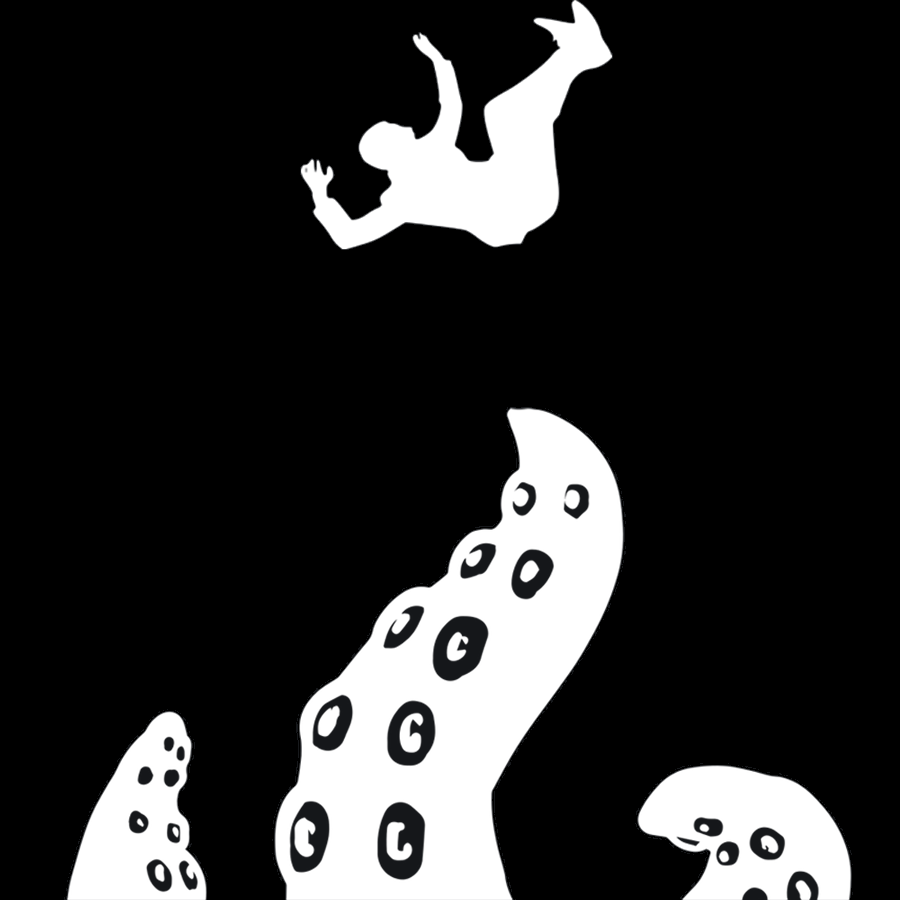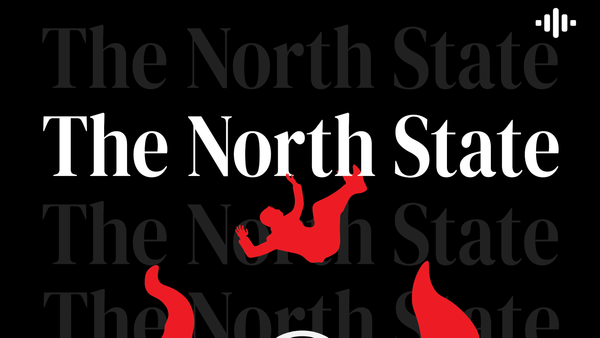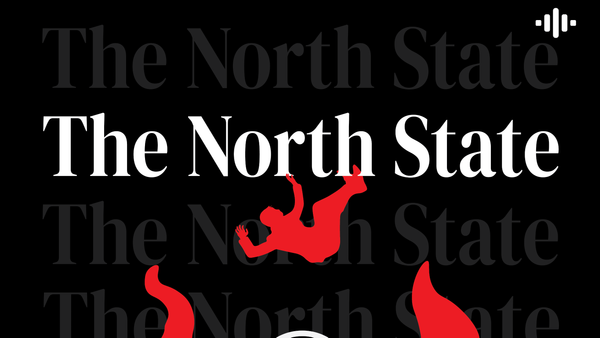Postmedia Abyss Swallows Up SaltWire
Feeding the dragon doesn't satiate it, it just makes it angrier

Chatham Asset Management, an American hedge fund based in New Jersey, has benefited greatly from the decimation of Canadian news. As the majority shareholders in Postmedia (sitting at 63 per cent of shares as of May 31, 2024), they enjoy the fruits of the company's far-right news peddling, not to mention the millions in government subsidies their flagship paper usually decries.
Meanwhile, SaltWire, Atlantic Canada's largest chain of newspapers, has been in trouble for a while. In March of this year, a Nova Scotia judge approved creditor protection for the company. In court filings, Fiera Private Debt stated they were owed a little over $33 million and that SaltWire and its affiliated companies "have been in default for more than five years, during which time they have made little progress in repaying their debts — and they have no plan to do so."
SaltWire publishes four daily newspapers and 14 weekly publications, encompassing all of Atlantic Canada, except New Brunswick.
These two financial situations coalesced recently. SaltWire has entered an agreement with Postmedia to acquire "certain business and assets" of the company, according to a Postmedia release. Considering the release's headline is that Postmedia will "acquire" SaltWire, we can assume the extent of their acquisition is near-total. Needless to say, more hedge fund control of Canadian news media spells bad news.
Predictably, Postmedia's announcement front-loaded a "Commitment to Preserving Local Journalism." It does not contain any mention of what layoffs may be coming, instead saying readers would continue to be served by "local journalists." CBC News interviewed a former reporter for SaltWire who moved to Postmedia in their report on the acquisition. His comment on the prospect of layoffs was equal parts chilling and optimistic. As CBC News writes: "Maher said he doesn't expect Postmedia to cut many employees, 'because I'm not sure that there's that many bodies to cut.'"
But as Tim Bousquet of the Halifax Examiner reported, court filings suggest there will be layoffs after the deal is done. Judging by high-profile moves by Postmedia (and Torstar) in the past, layoffs are a near-certainty. Emails between the two companies made public in February of 2021 stated there would be job cuts after they swapped 41 newspapers, even after publicly denying knowledge of the layoffs. All but six companies would be closed by Torstar and Postmedia after their swap in November 2017. Despite this, Postmedia CEO Paul Godfrey publicly said repeatedly that he had no idea Torstar also planned to shutter their newly acquired newspapers.
SaltWire's financial situation, alongside the ruthless cuts necessary to please a hedge fund, don't spell good luck for the papers now under PostMedia's control. If one believes, like Maher, that there isn't enough left to cut, put simply: he doesn't understand capitalism.
Doom lurks around the corner for SaltWire, but in reality, this is a bad omen for all news media across Canada. A dire financial situation also looms above other companies, like Corus Entertainment, which recently laid off staff in a high-profile move to save as much money as possible. Though Global News operates on television, rather than newspapers, the encroaching predatory acquisitions by Postmedia means their purchase of Global is a future we should consider, at the very least.
But even if Postmedia doesn't acquire Global, what's to stop another right-wing US hedge fund from buying the outlet? What's to stop a "philanthropic" billionaire from acquiring a major news outlet? What's to stop an opportunistic Conservative leader from defiantly misdiagnosing the CBC's issues to cut access to a public broadcaster?
Realistically, nothing. In fact, since news' prolonged collapse at the turn of the century, our economic system has manufactured increased pressure to make these moves. Hedge funds purchasing news orgs in order to strip them for stock prices creates more profit and capital. Billionaires subsidizing coverage promotes their worldview and pressures them for more profit, and by extension the ideology of capitalism. Defunding public broadcasting creates more market share for private corporations.
Postmedia's acquisition of SaltWire is the logical progression of the system in which we live. Ironically, the lack of critical viewing of this system in our news media has, at least in part, led to this disastrous accumulation of Canadian newspapers in the hands of a US hedge fund. So no, it's not getting better any time soon.
SaltWire's demise is a shame. It's a shame that financial mismanagement led to bankruptcy. It's a shame they owned a large source of news for entire swaths of the country. It's a shame they made a deal with the devil that will result in layoffs. But it's more than a shame. It's a reminder that, no matter what high-minded ideals about local news are spouted by those who own and purchase newspapers, their priority is not to you, the one who needs to be informed.
Postmedia's massive control over Canadian news media is notable because of their ideology, subsidies from the government and their US ownership. If there were a liberal-leaning outlet that were similarly monopolistic, their motivations would materially be the same. After all, look at Torstar's behaviour during the newspaper swap mentioned earlier. Private ownership and profitability of news is toxic to its very construction. Hopefully, reporters affected by this transition can move to an outlet that values their work, or even make their own.
We can't avoid this worsening reality by continuing down the same path. At this rate, Postmedia is going to swallow up every local newspaper. How do we stop it? We stop the system that perpetuates it. Unfortunately, that's a task far bigger than this newsletter can analyze in one article.





